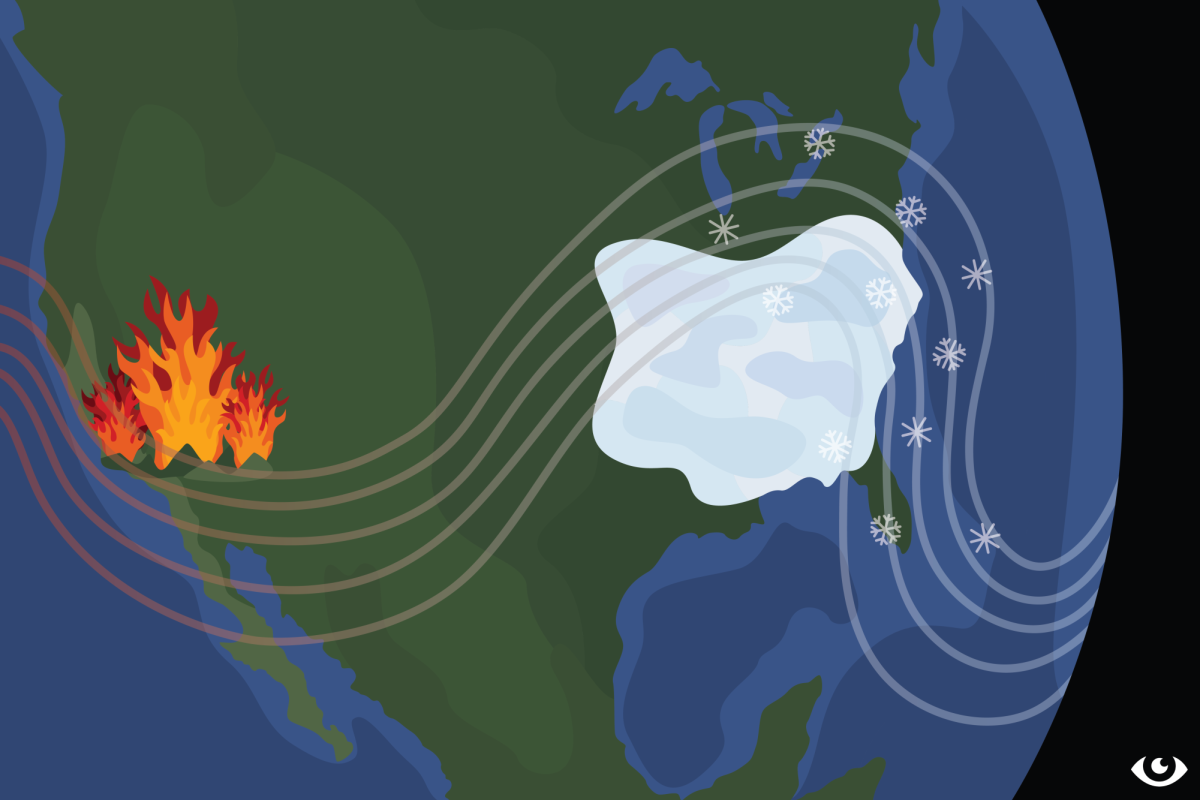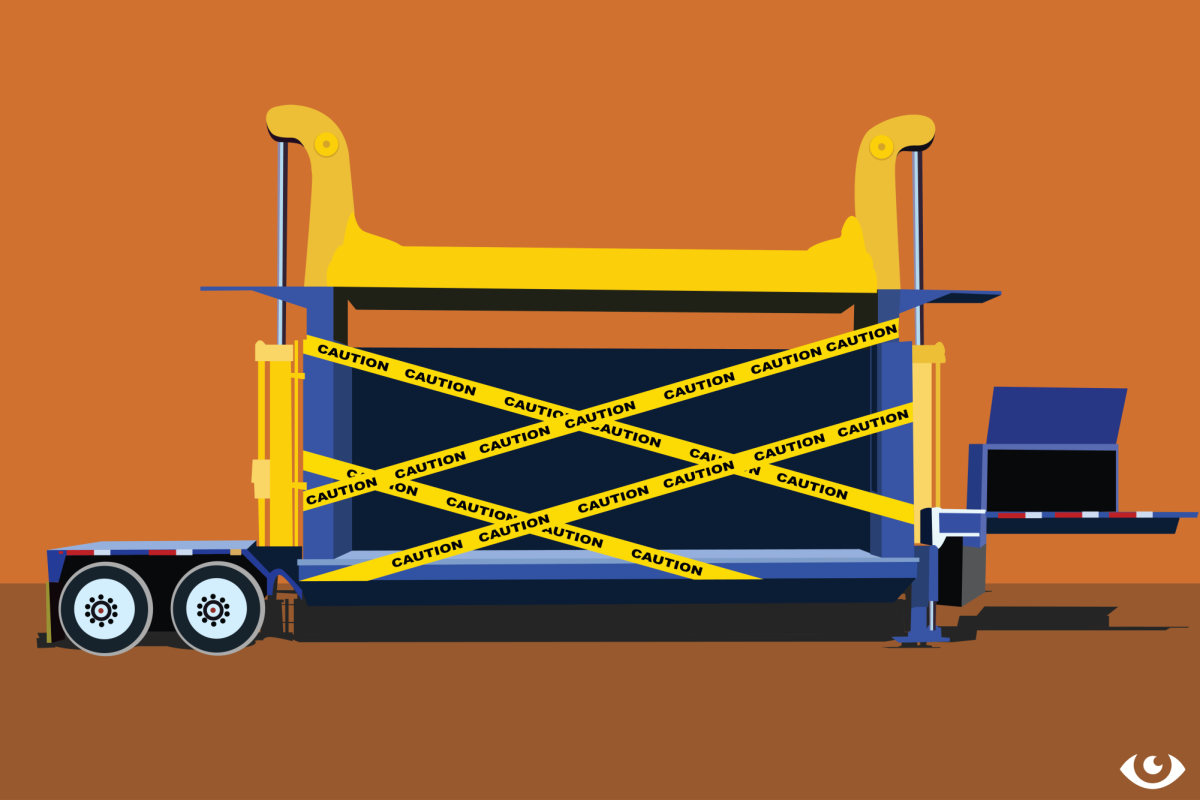
The spread of the Ebola virus from West Africa to America has become a hot topic in the media recently. The viral disease, which is reportedly traced back to fruit bats, has now reached Dallas, Texas, where the first patient diagnosed in the U.S. died on Wednesday. Although Ebola has been a problem in Liberia and other African countries for months, only recently has our ethnocentric media begun to shine a light on the thousands whom the virus has affected. Even now, news outlets primarily focus on those close to us, those patients close enough to pique the attention of frightened masses of Americans who can ignore the worst of floods until their shoes are dampened.
Considering that this disease has been around for decades and has never failed to be contained, there’s no need to worry. Only one patient on American soil has died of Ebola, and he was also the only person to be diagnosed in the country. The few other Americans who have had Ebola contracted it in other countries and survived when they were brought back to hospitals in the country. Additionally, this virus can only be spread via bodily fluids, and has never been known to develop an airborne mutation. Americans are far more likely to die of the flu then of Ebola. With all of these things given, it would be nearly impossible for Ebola to ever become a significant problem in the United States, let alone a pandemic.
All of these facts should not prompt inaction. Rather, we need to throw out our whitewashed view of the issue and look at the big picture. More than 7,000 people in West Africa have contracted this strain of Ebola, and more than 3,000 have died. Even though this isn’t happening near us, the lives of thousands of people are still important, and as a powerhouse country in the world, America has a moral obligation to take action. Additionally, it’s important that we make sure people are well-educated about the disease, as the media has failed to do so.
“Ebola is something a lot of people are misinformed about,” said Joshua Jean-Marie (11, J&C). “With the whole social media craze, people think it can be spread just by standing in the same room as someone, but if you looked at the facts you’d know it’s not like that… That being said, I think it’s important that we take it seriously with that do have Ebola when they come to America.”
Too long have we turned a blind eye and a deaf ear to the suffering of those in the third world, and this is our chance to redeem our thoughtlessness in the past and finally fight the disease we fear so greatly at the forefront of its location.
This is more than a call to action; it is an absolute necessity. People need to take the tinfoil hats off their heads and finally pay attention to the fact of the matter–that many people have died and many more will follow suit unless a country with the economic and medical resources to fight this disease finally does so. Most of the hospitals in West Africa are makeshift and don’t have the right resources to fight the disease. The U.S has the money to send more foreign aid to Africa, and we must do so by supplying them with hazmat suits and proper medical supplies as well as doctors who are equipped to combat the disease.
[spider_facebook id=”1″]






